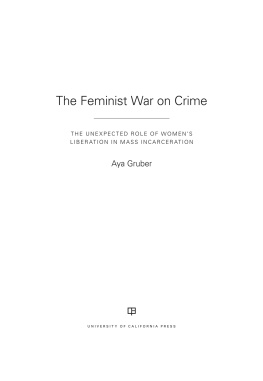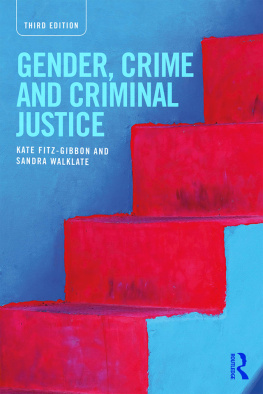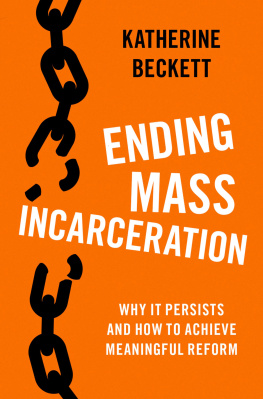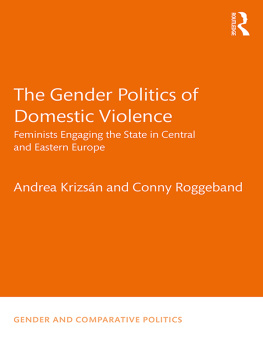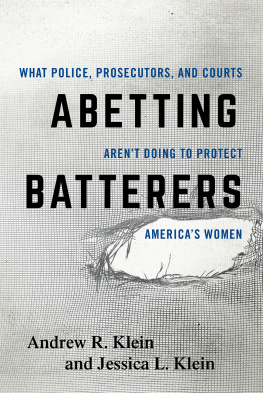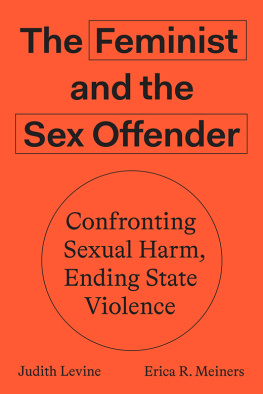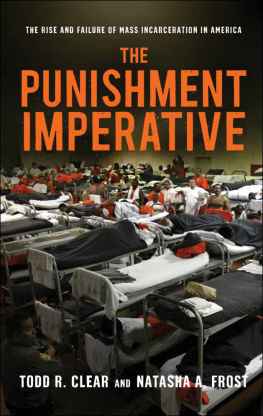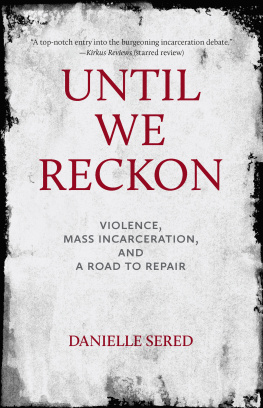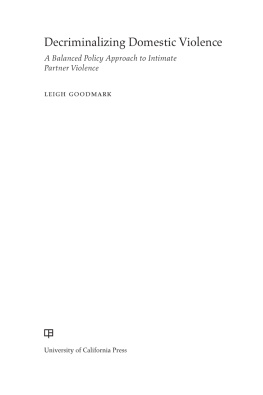Aya Gruber - The Feminist War on Crime: The Unexpected Role of Womens Liberation in Mass Incarceration
Here you can read online Aya Gruber - The Feminist War on Crime: The Unexpected Role of Womens Liberation in Mass Incarceration full text of the book (entire story) in english for free. Download pdf and epub, get meaning, cover and reviews about this ebook. year: 2020, publisher: University of California Press, genre: Home and family. Description of the work, (preface) as well as reviews are available. Best literature library LitArk.com created for fans of good reading and offers a wide selection of genres:
Romance novel
Science fiction
Adventure
Detective
Science
History
Home and family
Prose
Art
Politics
Computer
Non-fiction
Religion
Business
Children
Humor
Choose a favorite category and find really read worthwhile books. Enjoy immersion in the world of imagination, feel the emotions of the characters or learn something new for yourself, make an fascinating discovery.
- Book:The Feminist War on Crime: The Unexpected Role of Womens Liberation in Mass Incarceration
- Author:
- Publisher:University of California Press
- Genre:
- Year:2020
- Rating:4 / 5
- Favourites:Add to favourites
- Your mark:
The Feminist War on Crime: The Unexpected Role of Womens Liberation in Mass Incarceration: summary, description and annotation
We offer to read an annotation, description, summary or preface (depends on what the author of the book "The Feminist War on Crime: The Unexpected Role of Womens Liberation in Mass Incarceration" wrote himself). If you haven't found the necessary information about the book — write in the comments, we will try to find it.
Many feminists grapple with the problem of hyper-incarceration in the United States, and yet commentators on gender crime continue to assert that criminal law is not tough enough. This punitive impulse, prominent legal scholar Aya Gruber argues, is dangerous and counterproductive. In their quest to secure womens protection from domestic violence and rape, American feminists have become soldiers in the war on crime by emphasizing white female victimhood, expanding the power of police and prosecutors, touting the problem-solving power of incarceration, and diverting resources toward law enforcement and away from marginalized communities.
Deploying vivid cases and unflinching analysis, The Feminist War on Crime documents the failure of the state to combat sexual and domestic violence through law and punishment. Zero-tolerance anti-violence law and policy tend to make women less safe and more fragile. Mandatory arrests, no-drop prosecutions, forced separation, and incarceration embroil poor women of color in a criminal justice system that is historically hostile to them. This carceral approach exacerbates social inequalities by diverting more power and resources toward a fundamentally flawed criminal justice system, further harming victims, perpetrators, and communities alike.
In order to reverse this troubling course, Gruber contends that we must abandon the conventional feminist wisdom, fight violence against women without reinforcing the American prison state, and use criminalization as a technique of lastnot firstresort.
Aya Gruber: author's other books
Who wrote The Feminist War on Crime: The Unexpected Role of Womens Liberation in Mass Incarceration? Find out the surname, the name of the author of the book and a list of all author's works by series.

